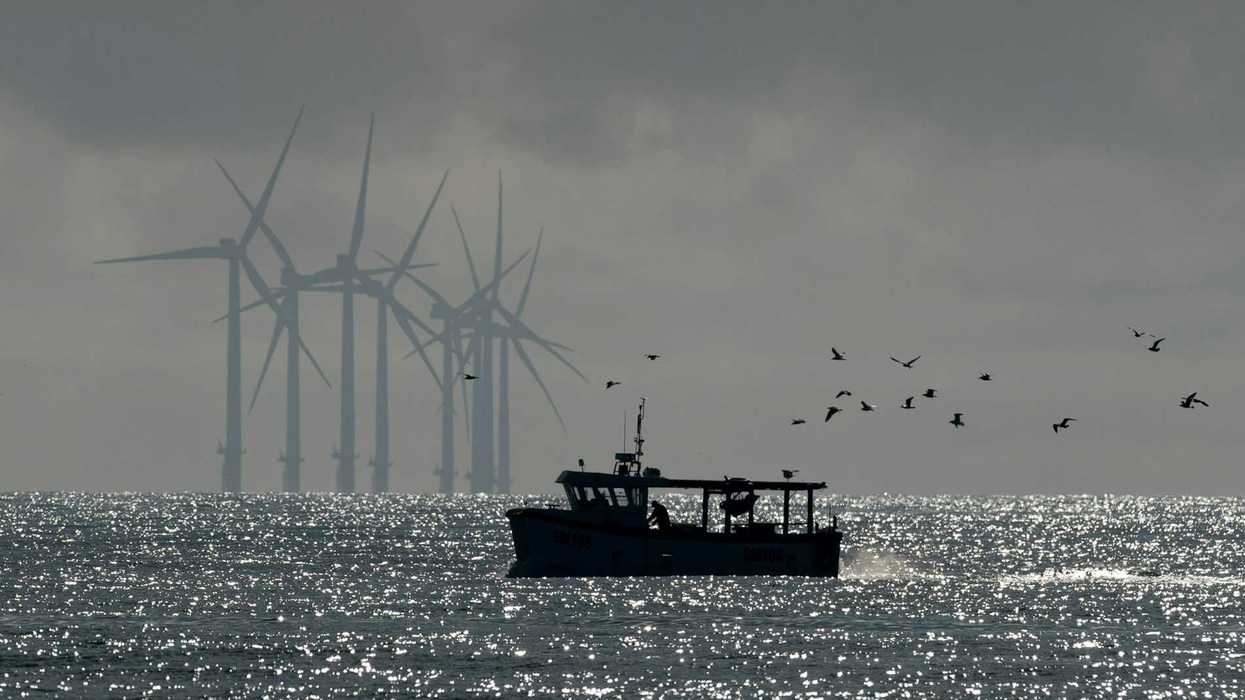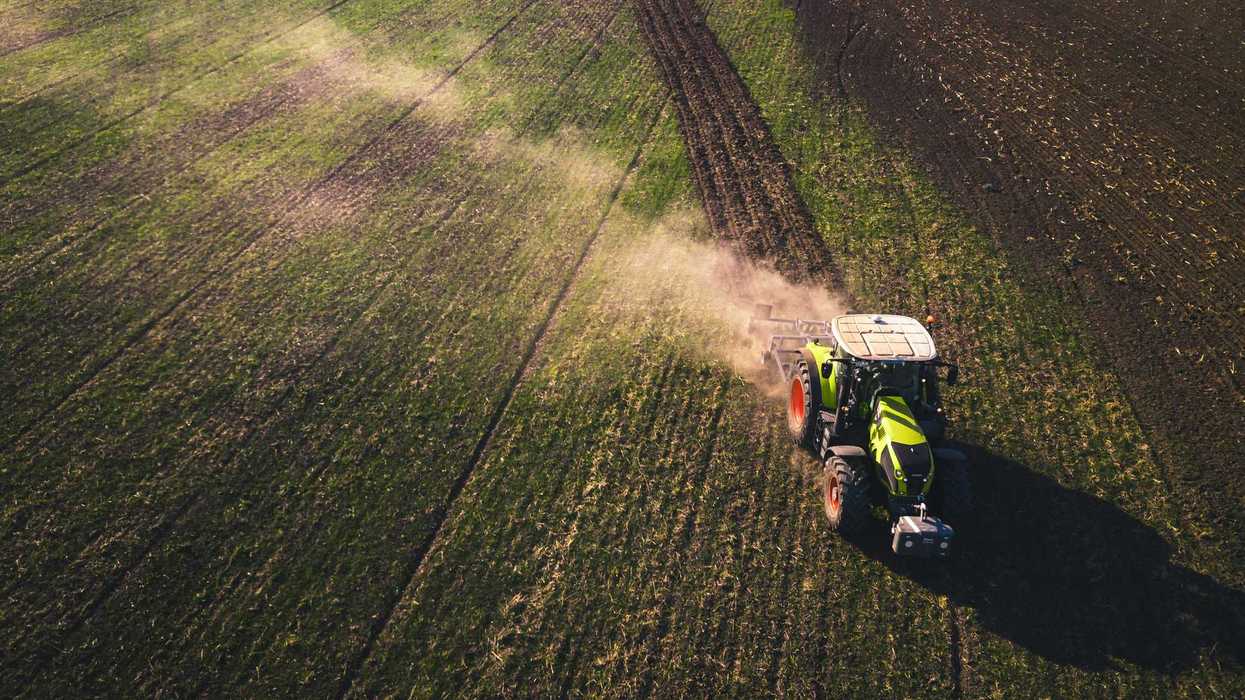For the third year in a row, unusually low water levels in the Mississippi River are causing barge companies to limit their cargo, reducing farmers' profits as they ship grain to international buyers.
Jim Salter reports for The Associated Press.
In short:
- Low water levels in the Mississippi River are forcing barge companies to limit their loads, especially impacting grain shipments.
- Grain freight costs from St. Louis and Memphis are sharply higher compared to last year and the three-year average.
- The U.S. Army Corps of Engineers is frequently shifting dredging operations to address the situation.
Key quote:
“When you’ve got a transportation cost increase in any industry the question is, ‘Do I pass those costs onto the customer in the form of a higher price?’”
— Mike Steenhoek, executive director of the Soy Transportation Coalition
Why this matters:
Low water levels on the Mississippi River threaten the efficient transportation of U.S. grain exports. As freight costs rise, farmers can't easily pass on these costs in global markets, impacting their livelihoods.














